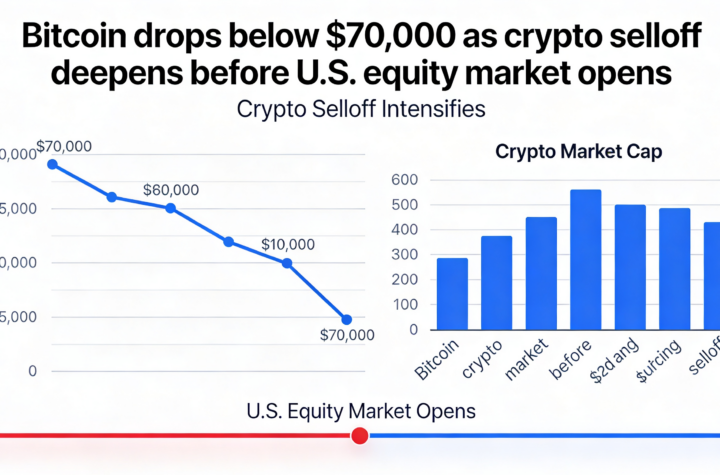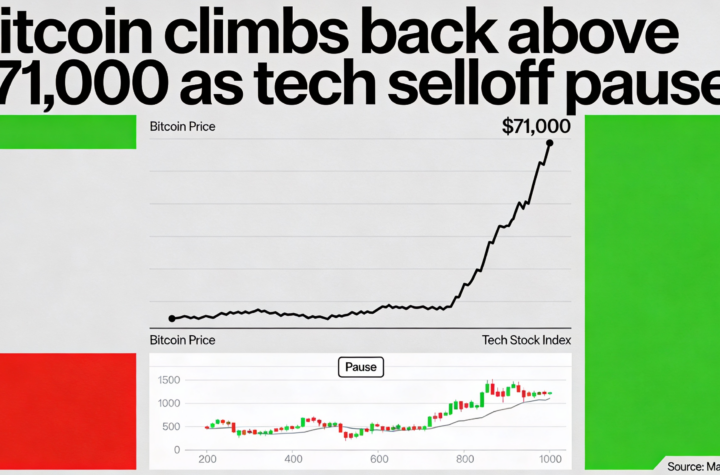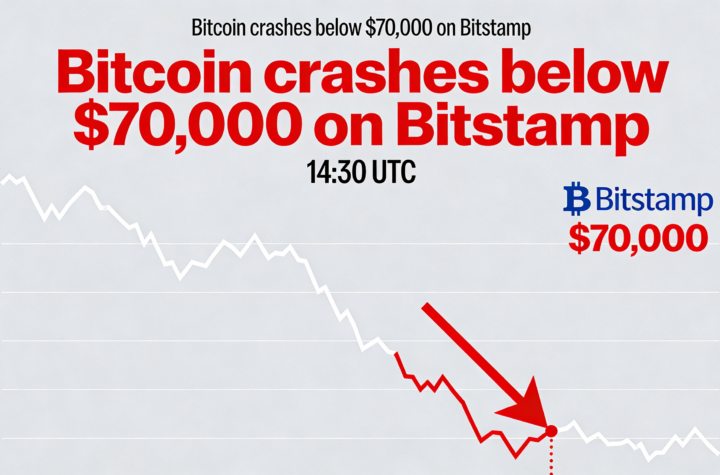
Bot Error, Not Whale Buying, Triggers $98 HYPE Token Spike on Lighter
October 28, 2025
A sudden surge that briefly sent Hyperliquid’s HYPE token close to $100 on decentralized exchange Lighter turned out not to be whale-driven market manipulation, but rather a malfunctioning trading bot, exposing the fine line DEXs must walk between transparency and user experience.
The unexpected jump saw HYPE trading at a steep premium to global prices, drawing widespread attention and speculation across crypto circles. Many assumed a large buyer was behind the move — until Lighter confirmed it was the result of an automated trading glitch.
According to the exchange, a bot error aggressively swept through the HYPE order book, purchasing tokens at increasingly higher prices in a low-liquidity environment. While this drove prices momentarily skyward, no forced liquidations or major user disruptions were reported.
The brief spike, however, distorted Lighter’s candlestick charts, leading the platform to remove the affected data from its front end to ensure cleaner visuals for traders. Lighter clarified that despite the data being hidden from its user interface, all transaction records remain permanently viewable on-chain through blockchain explorers.
The team emphasized that while on-chain data is immutable, front-end displays are curated to deliver a more usable experience. They also noted that alternative front ends built on the same protocol may choose to display the raw, unadjusted data. The incident underscores how decentralized platforms must balance data accuracy, presentation, and transparency during unusual trading events.
Not everyone approved of the decision. Crypto analyst Duo Nine argued that removing the data obscures liquidity issues rather than addressing them transparently:
“You should simply admit that your order books are illiquid instead of censoring the data to hide it. By doing this, you’re misleading your users. What happens next time there’s a liquidation?”
The glitch ultimately serves as a case study in DEX governance, revealing how even a minor automation error can test a platform’s credibility and its commitment to open, trustless markets.






More Stories
Bitcoin slips below $70,000 as crypto selloff intensifies ahead of the U.S. equity open.
Bitcoin rebounds above $71,000 as tech stock selloff eases.
Bhutan shifts bitcoin to trading firms and exchanges as BTC slides toward $70,000.